
Markel targets professional indemnity market in Australia
Head of professional and financial risks, Kym Beazleigh, explains the game plan in Markel’s strategic expansion.
When Markel Australia made the move to open its Sydney, Melbourne, and Brisbane offices, it was a bold signal of the company’s intention to take on a wide range of markets.
The company quickly caught on to the demand for professional indemnity insurance in Australia, predicting a surge due to increased awareness of legal liabilities amidst the rapid expansion of professional services. Thus, Markel’s entry to the market comes at an opportune time.
Professional indemnity insurance serves as a safeguard for professionals against financial losses resulting from errors, omissions, or negligence in their services, mitigating legal liabilities and claims and ensuring their financial stability.
Whilst facing macroeconomic challenges such as inflation, Kym Beazleigh, Australian head of professional and financial risks at Markel, remains optimistic about the talent pool and growth opportunities in Australia.
“We need to be monitoring those developments and making sure we’re across those and appropriately factoring them into our strategies and our plans moving forward. It is a competitive landscape from a talent perspective,” he told Insurance Asia magazine.
“One of the key messages that came through was that they felt there was certainly an opportunity for another carrier in the Australian market to make an entrance with underwriters, and with the ability to service people in real-time on the ground,” said Beazleigh.
“So we took that feedback on board, combined with their own global growth aspirations, and made the decision to open three offices: Sydney, Melbourne, and Brisbane.”
The company’s focus on efficiency and growth aligns with broader strategic goals, with a keen eye on expanding its footprint in the APAC region.
Just recently, Markel launched its professional indemnity solutions in Australia, featuring localised wordings tailored to serve a wide range of professions.
Since establishing the offices back in September 2023, along with the appointment of an experienced underwriting and claims team and identifying a significant opportunity within its International Wholesale business, Markel aims to address the increasing demand for professional and financial risks (PFR) insurance solutions in Australia, prompted by a reduction in capacity in recent years.
Markel’s new professional indemnity products are primarily designed for Australia-domiciled businesses, covering six professional areas: accounting, construction, design and construction, insurance, media, and miscellaneous.
It also plans to continue investing in its professional and financial risks underwriting team, aiming to become a strategic and long-term insurance partner for brokers and clients in Australia.
Industry performance
The global professional indemnity insurance market is poised for significant expansion, according to recent market research conducted by the CMI Team.
The forecast indicates a Compound Annual Growth Rate (CAGR) of 7.1% from 2023 to 2032. From an anticipated market size of US$37.2 billion in 2022, the CMI’s projected valuation for 2032 is US$54.6 billion.
The market’s dynamic nature is attributed to its adaptability to evolving industries, regulatory changes, and technological advancements.
Growth in emerging industries introduces new risks and liabilities, necessitating specialised coverage. These tailored coverage solutions cater to diverse sectors, addressing specific risks associated with each profession.
Meanwhile, stringent regulations compel professionals to secure adequate coverage against legal claims and lawsuits, fueling market growth.
There has also been an expansion of professional services across industries, which creates a diverse client base seeking tailored indemnity insurance, further boosting market demand.
On top of that, businesses engaging in cross-border transactions necessitate coverage to navigate international complexities.
These are why current trends encompass digital transformation in insurance distribution and integration of remote work risks, and the emergence of new industries.
Despite growth prospects, the market faces threats including rising claims frequency and severity, legal and regulatory changes, cybersecurity vulnerabilities, market competition, pricing pressures, and lack of risk awareness and education amongst professionals.
Ask and you shall receive
For the SME sector, Markel offers streamlined solutions, leveraging schemes, facilities, and online platforms for efficient transactions.
“SME, for us, is a piece of business that has a homogenous risk in line with a number of other similar risks. And that can be placed into either a scheme or a facility, or because it's quite small, it can be transacted online, with a kind of one-stop-shop solution. So that's how we look at the SME space,” he said.
In contrast, the middle market sector, comprising businesses with unique risks, benefits from Markel’s personalised approach that avoids offshore placement whilst offering tailored coverage.
"The middle market sector for us is a business that isn't commoditized or online but doesn't necessarily need to go offshore to complete the placement. So that's the sector of the market that we're targeting. And because of that, that really drove our decision to roll out some localised, professional indemnity products in the professional and financial risk (PFR) space in Australia," Beazleigh told Insurance Asia.
“In terms of the size of the limit that they buy, traditionally, it’s either gone to Singapore, London or Bermuda to help finish and finalise the placement. So the middle market sector for us is a business that isn’t commoditised or online but doesn’t necessarily need to go offshore to complete the placement. That’s the sector of the market that we’re targeting,” he added.
Recognising the burgeoning renewable energy (RE) market as an area for growth, Markel has positioned itself to provide comprehensive solutions.
“We’ve hired some people who understand the renewable sector, be they construction companies, project managers, engineers, or consultants. And we've also been able to tap into some global expertise that we have as part of our renewables division,” he said.
“Now, our renewables division is primarily focused on first-party covers across the property and construction side of major renewables projects. And what we're looking to do is be able to provide, I guess, the back-end solution from a longer tail liability perspective in the professional indemnity insurance (PII) space – to help provide a bit more of an end-to-end solution for the renewable sector,” he added.
What lies ahead for Markel in the RE industry?
Markel aims to deliver value beyond pricing, emphasising the importance of building strategic relationships with brokers and clients.
“Over the last 15 years [in the RE industry], we’ve seen some big challenges. We've seen some large losses. But we've also seen some really key learnings from clients in relation to how to better mitigate the risk exposures. We’re seeing the evolution of the industry to better manage those types of exposures moving forward, and there will continue to be new exposures. The technologies are evolving and people are becoming more comfortable with the technology being more tried and tested,” Beazleigh told Insurance Asia.
As Markel navigates the Australian market, performance remains pivotal. The company adopts a methodical approach, focusing on operational excellence and incremental growth.
“For us, it’s about embedding our products and making sure we have the right operational foundations to transact business quickly and efficiently within the Australian market. And making sure that we did that down first,” he said.
“When we come into the market, we’re not falling over at the first hurdle, because we have a strong operational framework and a clear strategy for growth. And then I guess, if you look at what factors were pivotal in determining our success in achieving these objectives, it's really execution,” he added.






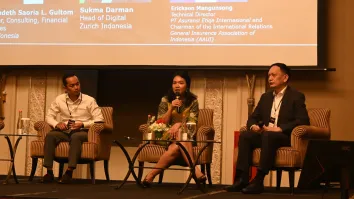
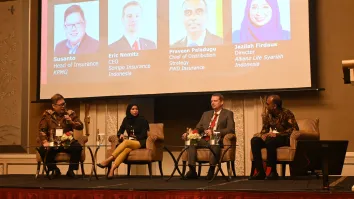


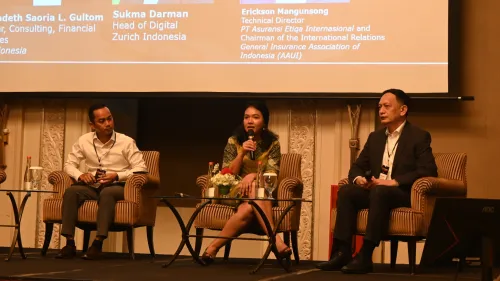
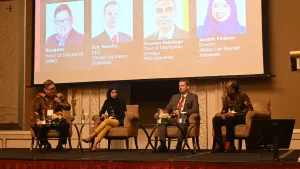

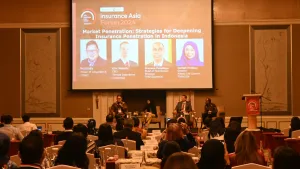
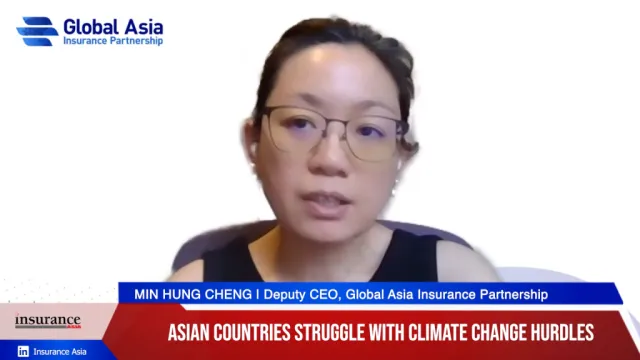

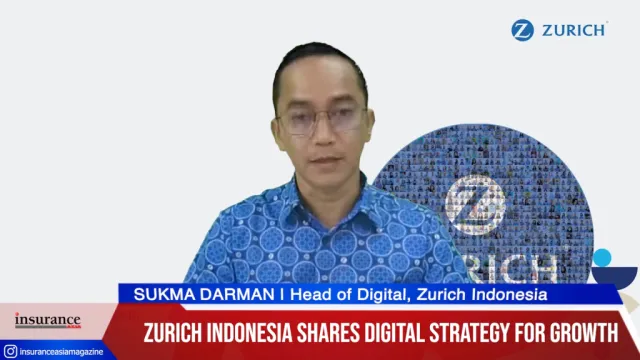
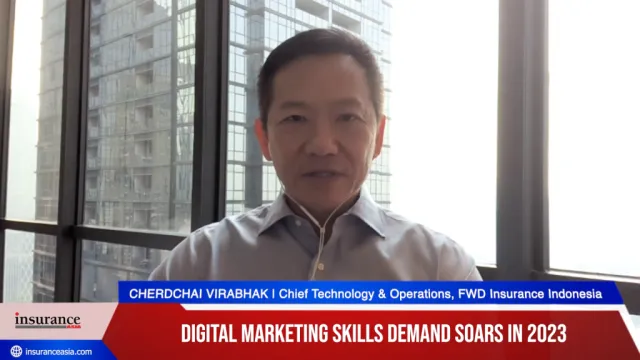
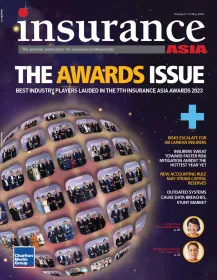
 Advertise
Advertise






